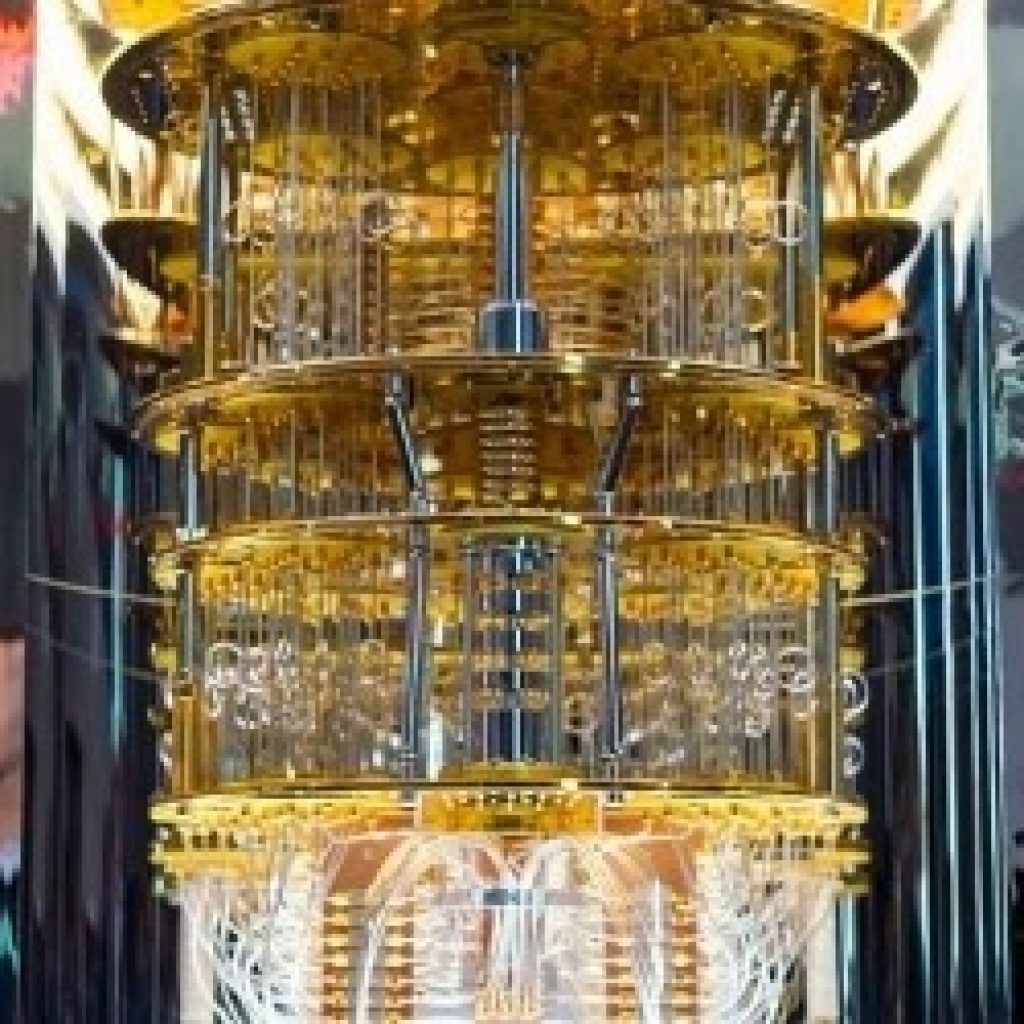(CNET) New advances in quantum computing are pushing this potentially revolutionary technology toward practical applications.
Quantum computer makers Google, IBM, Honeywell, IonQ and Xanadu recently detailed specific steps they expect by 2024 that will push their machines further down the road of commercial practicality. Those achievements include increasing quantum computers’ scale, performance and reliability.
“We’re in the early industrial era of quantum computing,” said Seth Lloyd, an MIT professor who helped found the field in the 1990s. He says the “huge advances” are comparable to the early use of steam engines to power factories, ships and trains.
One buzzworthy breakthrough is progress toward error correction, which should let quantum computers perform sustained calculations instead of fleeting spurts of work.
If quantum computer makers succeed, error correction could help the industry realize its promise to dramatically improve on conventional processor performance for some important problems. Quantum computers won’t replace classical machines, which also face manufacturing difficulties and rising costs, but they could reach beyond today’s limits to design new solar panels, lower airplane fuel usage, speed up artificial intelligence, improve financial investing and cut delivery costs.
Where makers of conventional silicon chips have settled down on one approach, quantum computer makers are exploring widely different possibilities for their qubits. Google and IBM use superconducting circuits cooled nearly to absolute zero, colder than outer space. Honeywell’s ion trap design makes qubits from electrically charged ytterbium atoms. Intel’s qubits are individual electrons distinguished by a quantum mechanical property called spin. Xanadu uses photons, and its quantum processors work at room temperature.
Quantum Computer Makers Like Their Odds for Big Progress; Advances Such as Error Correction Advancing Practical Applications
